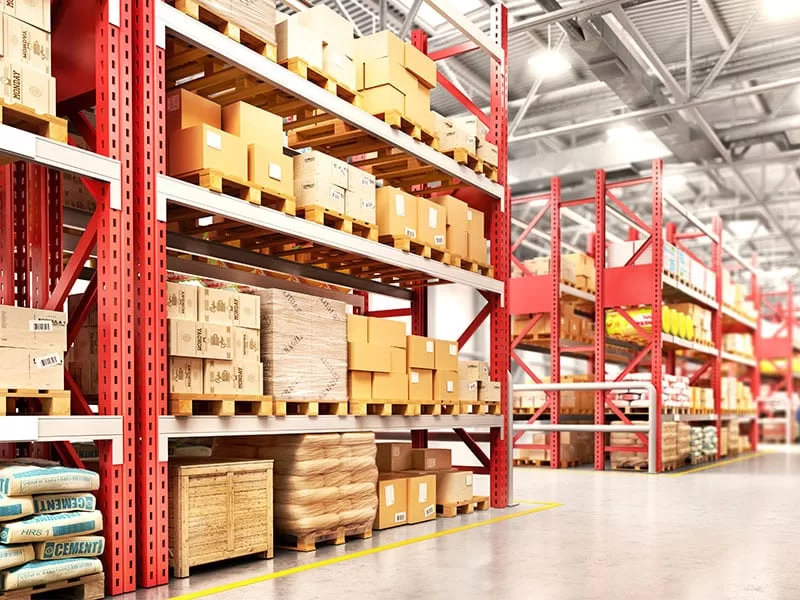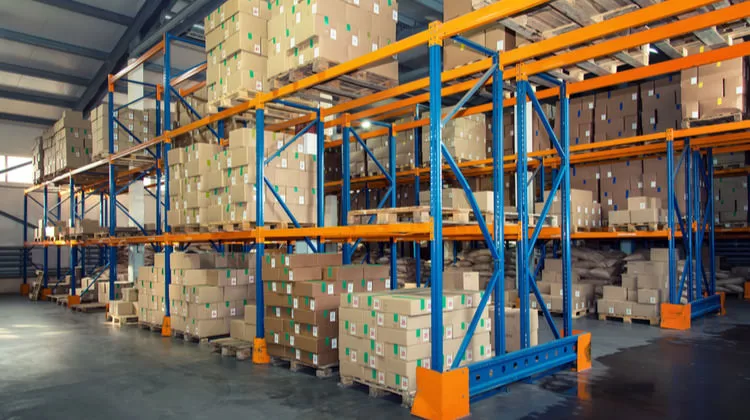Supply chains are becoming more complex every year. Businesses must handle growing customer expectations, faster delivery times, and rising costs. Traditional warehouse systems often cannot keep pace. They create blind spots, errors, and delays that hurt efficiency. A cloud-integrated warehousing solution solves these issues by connecting processes, people, and data. It provides visibility, flexibility, and control that traditional systems lack.
Real-Time Inventory Visibility
One of the greatest benefits of cloud integration is instant inventory tracking. Businesses no longer wait for batch updates or manual reports. Instead, managers can see stock levels, order progress, and shipment status in real time. This transparency reduces the risks of overstocking or shortages. It also ensures accurate fulfilment and higher customer satisfaction. A cloud-based system turns visibility into a competitive advantage for any warehousing solutions.
Improved Accuracy and Fewer Errors
Human error is a common cause of wasted resources in warehouses. Manual entries often lead to miscounts, duplicate records, or lost orders. Cloud platforms minimise these issues with automation and synchronised data. Information flows consistently across systems, from order entry to final shipment. This accuracy reduces returns and operational costs. It also strengthens trust with customers who expect reliable service. Precision becomes a built-in feature of a modern warehousing solution.
Streamlined Collaboration Across the Supply Chain
Disconnected systems make collaboration difficult, especially in global operations. A cloud platform removes these barriers. Manufacturers, distributors, and retailers can work from a single source of truth. They share shipment data, update schedules, and coordinate demand in real time. As a result, delays are minimised, and supply chain partners stay aligned. This improved communication leads to faster decisions and stronger performance throughout the warehousing solution.
Cost Savings Through Automation
Labour-intensive processes increase costs and slow productivity. A cloud-based system introduces automation that reduces manual work. Smart replenishment, predictive analysis, and route optimisation lower expenses while improving efficiency. Waste is minimised, and excess stock is avoided. Over time, these savings add up to significant financial benefits. Businesses gain a more sustainable operation and achieve better return on investment through their warehousing solution.
Flexibility and Scalability for Growth
As businesses expand, traditional systems often fail to scale. Cloud platforms solve this by offering flexible architecture. Companies can add new warehouses, regions, or partners without large hardware investments. Subscription models allow scaling capacity as demand grows. This adaptability ensures smooth transitions during expansion. For growing businesses, scalability makes a cloud-enabled warehousing solution a long-term strategic choice.
Data Security and Compliance
Data is a critical asset in warehouse management. Protecting it is essential. Cloud service providers offer encryption, secure backups, and monitoring tools that exceed most in-house systems. These safeguards help businesses meet regulatory standards while reducing risks of breaches. With stronger protection, companies build trust with customers and partners. Security becomes another key benefit of a reliable warehousing solution.
Data-Driven Insights for Better Decisions
A cloud platform does more than store data. It turns data into insights. Analytics tools highlight trends, forecast demand, and suggest improvements. Managers can act proactively instead of reacting late to problems. Smarter decisions reduce waste and improve service quality. Predictive analytics also allows companies to prepare for future challenges. This strategic advantage further enhances the value of a cloud-based warehousing solution.
Final Thoughts on Cloud-Integrated Warehousing Solution
Cloud integration has become essential in modern supply chains. It offers visibility, accuracy, collaboration, scalability, and security. Most importantly, it supports growth while reducing costs. By adopting the right system, businesses gain long-term efficiency and stronger market competitiveness. For companies aiming to optimise operations, a cloud-integrated warehousing solution is no longer optional. It is a foundation for success.


